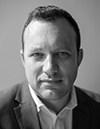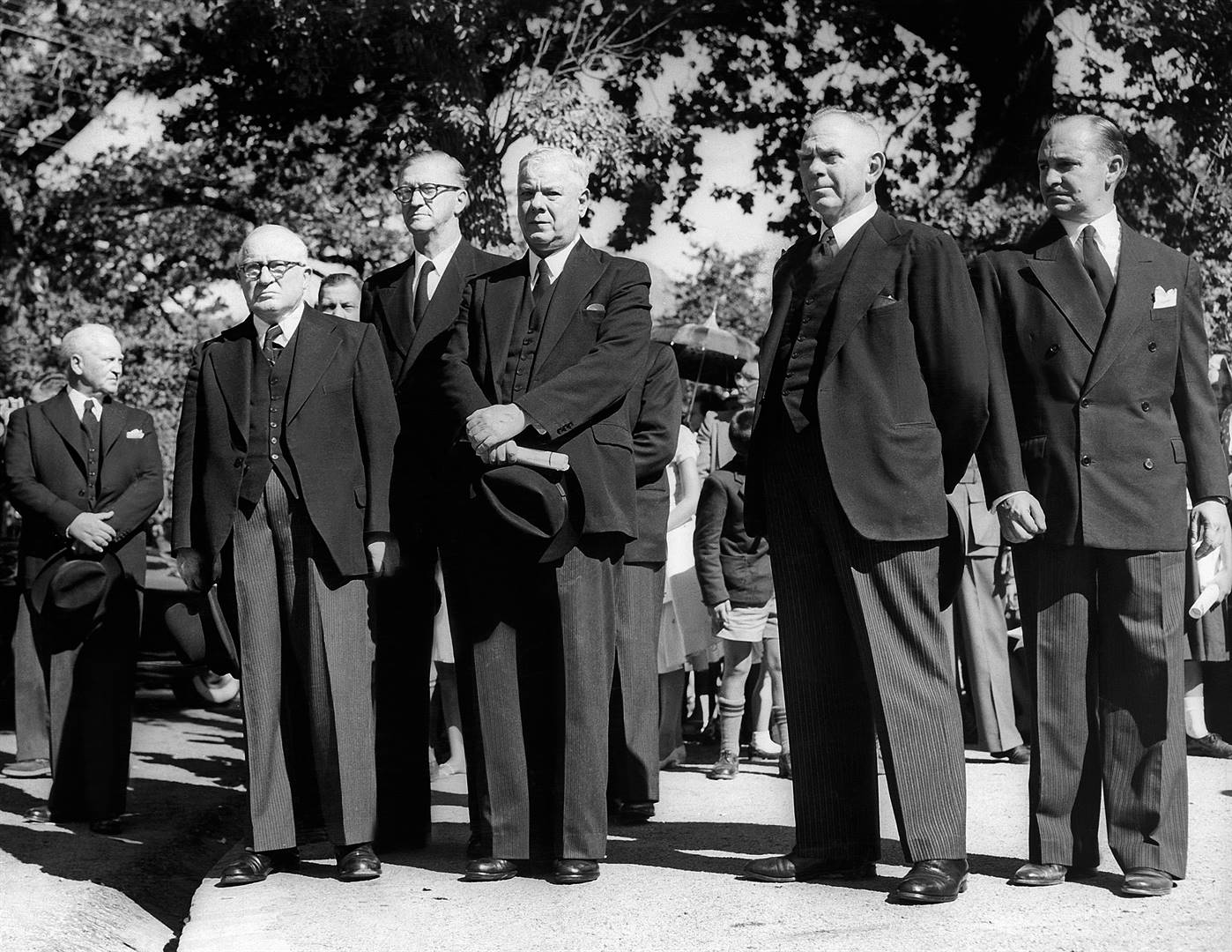News24.com | Adriaan Basson: Dear white people\, it is OK to talk about apartheid and the ANC’s failings
Adriaan Basson: Dear white people, it is OK to talk about apartheid and the ANC’s failings
2020-02-24 06:00

Another group knows exactly what apartheid was, but don’t want to talk about it "because it will only distract us from holding the ANC accountable for their failings and corruption," writes Adriaan Basson
White South Africans, particularly young ones who never voted for apartheid but live the consequences of our fathers’ sins, should be encouraged to partake in the current discourse about the past.
For too long, the discussion about our recent past and the deep-seated impact of apartheid on every sphere of society has taken place out of earshot of white people – the primary beneficiaries of colonialism and apartheid.
The reasons for this unfortunate phenomenon are complex and multi-layered.
Many white people, particularly young ones, are encouraged by their parents or superiors to just “move on” with the business of the future and not care about what happened in the past.
This "let bygones be bygones" attitude has cultivated a generation of ahistorical people who do not understand the significance of someone denying that apartheid was a crime against humanity or tweeting that not everything about colonialism was that bad.
The consequences of not understanding what apartheid was and how you benefited from an inherently racist system are devastating.
Imagine being a smart 18-year old white pupil, without historical knowledge or context, whose bursary application is rejected based on your skin colour? Wouldn’t you feel resentment, even anger towards the ANC government if you had no clue why we have constitutionally sanctioned discriminatory laws in South Africa?
The same applies for a white beneficiary of the post-apartheid state who must manage a diverse team in a company without the required historical background and sensitivity. The consequences could be dire.
White parents and educators, in my experience, are woefully equipped to talk to young white people about apartheid. They become defensive, ashamed or angry when you raise the topic of our past.
After reading Antjie Krog’s seminal piece about the last white president FW de Klerk’s inability to apologise for apartheid, I wondered if there would have been an opener, easier discussion in white homes and communities about apartheid had De Klerk come clean. It would at least have given an older generation of white people a template to work from.
Another group knows exactly what apartheid was, but don’t want to talk about it "because it will only distract us from holding the ANC accountable for their failings and corruption".
As if holding a governing party accountable – as we should – ever precluded anyone from talking about the past.
This is a lazy excuse for avoiding difficult, but necessary conversations. How do you talk about poverty alleviation, for example, if you don’t start with apartheid spatial planning?
Besides a lack of language or tone to talk about the past and sustained privilege, I often encounter white people who sincerely ask me, "what can I do?"
Thousands of white South Africans want to contribute to a better, more equal country, but simply don't know how.
This is where the ANC must shoulder some blame.
The party failed to take white people on the journey into democracy and left them behind for the opposition to "pick up".
Of course, there are still thousands of racist, white people who do not want to be part of a black-led government, but in my experience, they are becoming fewer and fewer by the day.
The appointment of a white Afrikaner to lead Eskom was a brave move by President Cyril Ramaphosa and a clear sign to the white community that he and his administration will walk the talk on non-racialism.
A few years ago, my wife and I met a German couple during a vacation abroad. The conversation turned to our shared pasts of shame and I asked them, "do you feel guilt about what your forefathers did during the Holocaust?"
Almost annoyed, they corrected me that they weren’t moved from a place of "guilt", but "responsibility".
"It is our responsibility to make sure that it never happens again. To build our country and teach our children about the past, not out of guilt, but because we must," they explained.
It was a powerful moment in my own thinking about how I as a white South African, who never voted for apartheid but continue to benefit from the inherited privilege of the system, could contribute meaningfully to the future of the only country I call home.
Not to be moved or shamed or silenced by guilt, but to use my agency, access and voice to be an ally in building this country we love.
- Basson is editor-in-chief of News24

